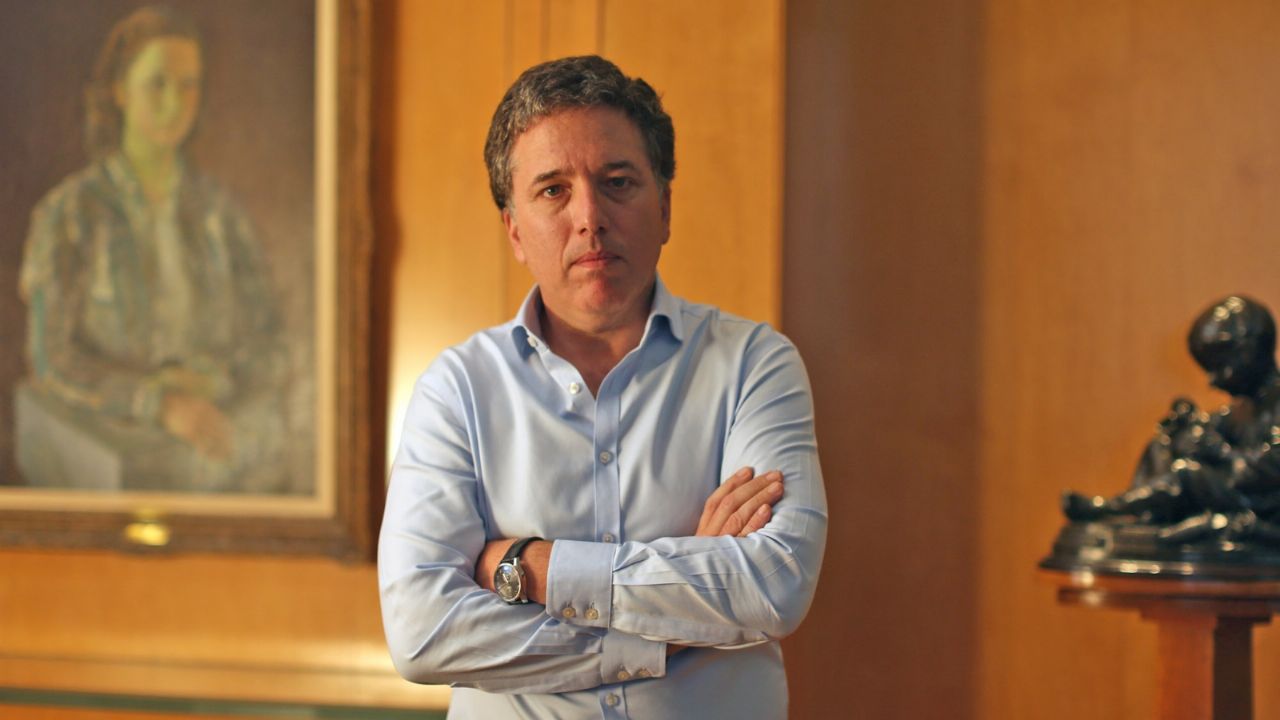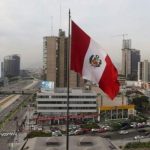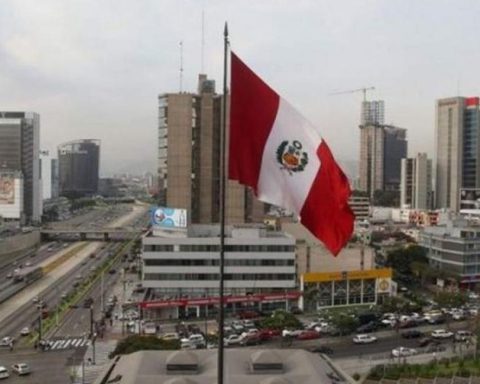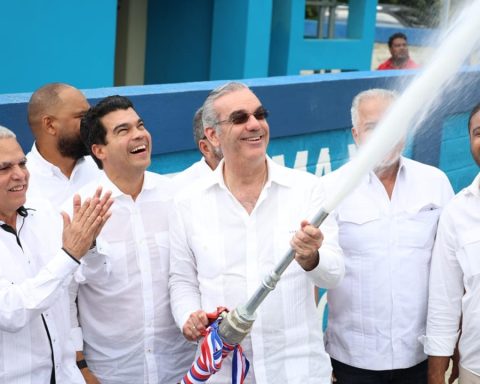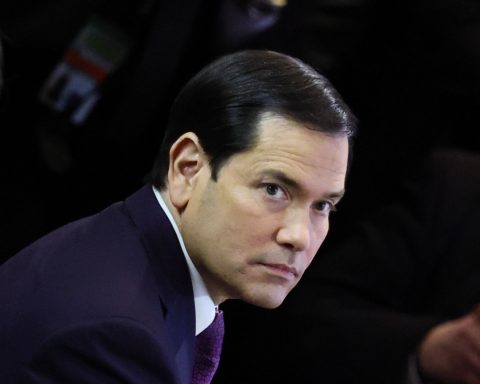A few days after the principle of agreement between the Government and the IMF (International Monetary Fund) was announced, he broke the silence one of the key figures regarding the loan of 44,000 million dollars: Nicholas Dujovne, Minister of Economy during the government of Cambiemos.
“It is a first preliminary step, I cannot not qualify it as positive”, he claimed the Economist about the new understanding. In that line, Nicholas Dujovne He stated that “no one disputes that the treasury must be in order and the monetary financing of the Central Bank must be removed.”
“The Argentine economy is plagued with problems and if we added a default, we were going to be much worse off,” he said. Nicholas Dujovne. At the same time, the former minister too criticized society for “not supporting the continuity of a program that was leading us to solve structural problems”.
“I am convinced that to grow, you have to change. The Argentine economy no longer has land to grow, it needs us to fertilize it with reforms. We have to go towards a labor, pension, tax reform and open ourselves to the world”, I conclude regarding the current situation in the country.
The IMF, the solution
When referring to the final decision to take the loan, his response was a clear justification: “I don’t regret going to the Fund because the problems that Argentina has are very big and the IMF was helping us to solve them at a lower cost”.
When asked about the destination of the millions of dollars, Dujovne clarified that “they did not evaporate” and that they were used to “keep up with the debt while we improved the fiscal position.” “We were going from a huge deficit to a surplus,” he added.
Source: (Public Television)
In that sense, he assured that they had reached “balance” in 2019, when Cambiemos lost the presidential elections to the Frente de Todos. “We were going to have a surplus in the following years and by regaining access to the market we would be able to replace the Fund’s financing with market financing.”
Regarding the harsh report presented by the IMF last December, he explained that, in the work carried out by the entity, part of the criticism “is that the fiscal program should have gone faster with structural reforms.” Beyond this, he claimed to believe that “they were on the right track.”
